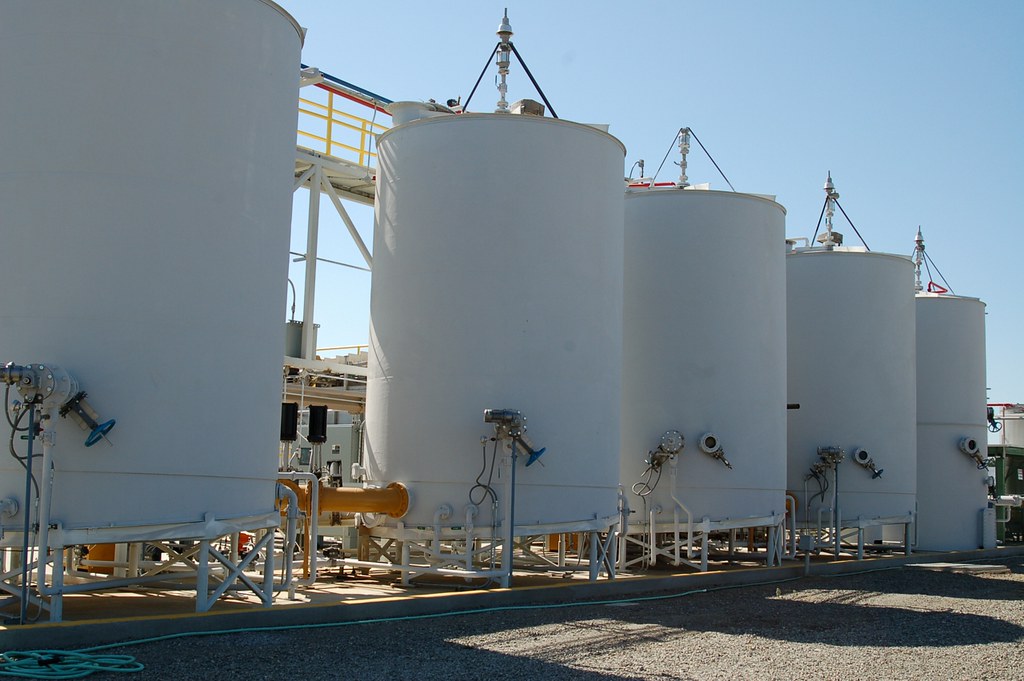
Petroleum-based fuels and chemicals are responsible for substantial environmental impacts in Canada and around the world. Our group has developed state of the art models for evaluating these impacts – especially for the Canadian Oilsands – and have substantial ongoing work assessing a range of alternative energy and chemical feedstocks. These alternatives include biomass (e.g., energy crops, forest residues), waste feedstocks (e.g., used cooking oil, municipal solid waste), hydrogen, and synthetic fuels (e.g., using CO2 as a feedstock). Each of these options present its own opportunities and challenges. For example, biofuels represent a promising and relatively mature alternative to conventional transportation fuels. They have the potential to reduce emissions, while also promoting the use of renewable domestic resources, which can lead to improved environmental and human health outcomes compared to conventional petroleum-derived fuels. At the same time, they can be emissions intensive to cultivate and energy intensive to process, and questions remain surrounding induced land use change, feedstock availability, and total production potential. Consequently, research and development efforts for biofuels are critical to evaluate the environmental impacts of biofuel production and use, as well as determining pathways to the materialization of environmental benefits.
At the Sustainable Systems Group, we work to improve the understanding of the necessary conditions for the production and adoption of alternative fuels. Further, we have developed life-cycle based models for the evaluation of alternative fuels in different regions. Finally, we work on providing policy analyses that can guide regulations and deployment efforts for alternative fuels.
Please find a non-exhaustive list of relevant publications below:
Cold Temperature Limits to Biodiesel Use under Present and Future Climates in North America
Year: 2022
Authors: Zhang, Xuesong, Paul J. Kushner, Bradley A. Saville, I. Daniel Posen
Published in: Environmental Science & Technology 56, no. 12: 8640-8649.
Link: https://pubs.acs.org/doi/full/10.1021/acs.est.2c01699
Modeling Greenhouse Gas Emissions from Oil Sands Partial Upgrading Technologies Using a Life Cycle-Based Model
Year: 2020
Authors: Pacheco, Diana M., Joule A. Bergerson, and Heather L. MacLean
Published in: Energy & Fuels 34, no. 10: 12757-12770.
Link: https://doi.org/10.1021/acs.energyfuels.0c01205
Comparison of US Midwest corn stover ethanol greenhouse gas emissions from GREET and GHGenius
Year: 2019
Authors: Obnamia, Jon Albert, Goretty M. Dias, Heather L. MacLean, and Bradley A. Saville
Published in: Applied Energy 235 (2019): 591-601.
Link: https://doi.org/10.1016/j.apenergy.2018.10.091
Evaluation of variability in greenhouse gas intensity of Canadian oil sands surface mining and upgrading operations
Year: 2018
Authors: Sleep, Sylvia, Ian J. Laurenzi, Joule A. Bergerson, and Heather L. MacLean
Published in: Environmental Science & Technology 52, no. 20: 11941-11951.
Link: https://doi.org/10.1021/acs.est.8b03974
Expert assessments of emerging oil sands technologies
Year: 2017
Authors: Sleep, Sylvia, Jennifer M. McKellar, Joule A. Bergerson, and Heather L. MacLean
Published in: Journal of Cleaner Production 144: 90-99.
Link: https://doi.org/10.1016/j.jclepro.2016.12.107
Greenhouse gas mitigation for US plastics production: energy first, feedstocks later
Year: 2017
Authors: Posen, I. Daniel, Paulina Jaramillo, Amy E. Landis, and W. Michael Griffin
Published in: Environmental Research Letters 12, no. 3: 034024.
Link: https://iopscience.iop.org/article/10.1088/1748-9326/aa60a7&xid=17259,15700002,15700023,15700186,15700190,15700256,15700259,15700262,15700265,15700271
Changing the renewable fuel standard to a renewable material standard: bioethylene case study
Year: 2015
Authors: Posen, I. Daniel, W. Michael Griffin, H. Scott Matthews, and Inês A. Azevedo,
Published in: Environmental Science & Technology 49, no. 1: 93-102.
Link: https://pubs.acs.org/doi/full/10.1021/es503521r
